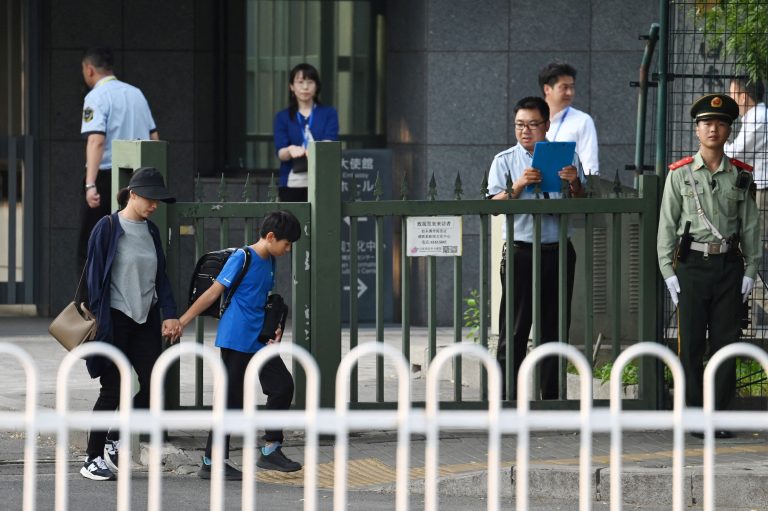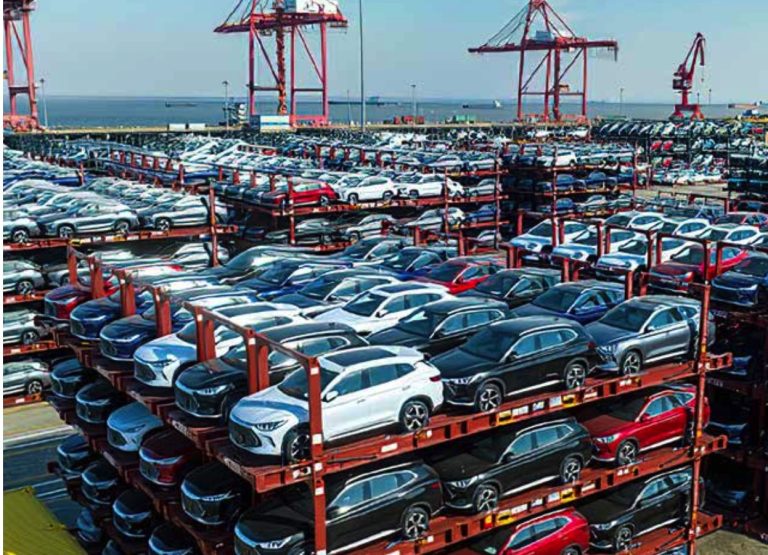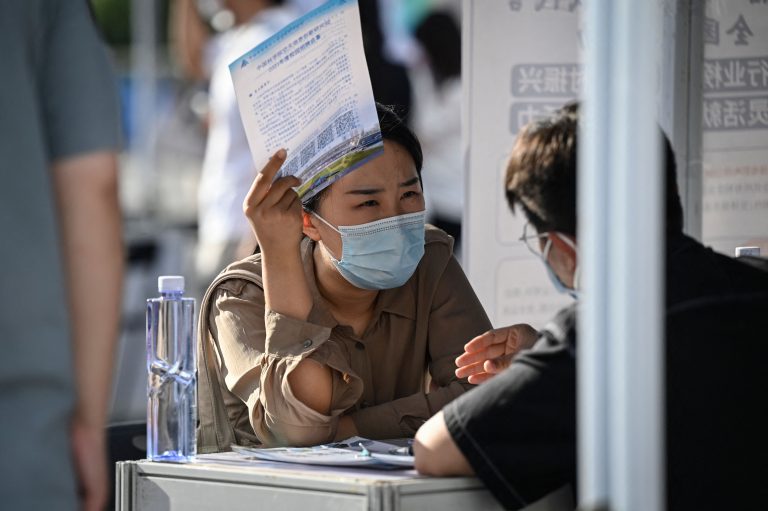Real estate behemoth China Evergrande Group has been crippled with business issues and is struggling to meet its financial obligations. It has been declared as a defaulter for the first time after it failed to make payments on two dollar-denominated bonds.
On Dec. 9, the U.S. credit rating agency Fitch downgraded the company and affiliates to “restricted default.” The designation implies that the company has officially defaulted but has not yet commenced any bankruptcy filings, liquidation, or other processes that would end its operations.
The rating firm’s deduction was prompted after Evergrande did not respond to a request made by Fitch for verifying whether coupon payments worth $82.5 million were made or not. The 30-day grace period for the payment had expired on Dec. 6. Fitch said it assumed that they were not paid.
With the Chinese government earlier imposing curbs to prevent excessive borrowing and speculation in the real estate sector, Evergrande and other property developers are struggling to complete projects and repay contractors, banks, and investors.
Evergrande’s total liabilities are over $300 billion, but Beijing has shown reluctance to bail out the company. As a result, the world’s most indebted developer could be forced to undergo restructuring amid fears that the default could trigger a bigger crisis in China’s property market.
Success
You are now signed up for our newsletter
Success
Check your email to complete sign up
Twenty-five years after it was founded by Hui Ka Yan, the downgrade potentially marks the beginning of the end for Evergrande, once an exemplar of China’s real estate boom. The financial situation of the company is likely to lead to a prolonged conflict over who receives payment from what is left.
The People’s Bank of China (PBoC) has said that the crisis at Evergrande was caused by its “own poor management” and “reckless expansion.” Yi Gang, the central bank governor, recently said that while a bailout wasn’t being considered, the company would undergo a typical reorganization.
“The risk of Evergrande is a market incident which will be properly handled in accordance with the principles of marketization and rule of law, and the rights and interests of creditors and investors will be protected in accordance with the law,” Yi said.
In a stock exchange filing On Dec. 3, Evergrande declared that it might not be able to meet its financial obligations and was willing to “actively engage” with its offshore creditors as it moves ahead with restructuring its debt. Creditors have demanded the company to pay about $260 million.
In regards to repaying Evergrande’s debts, the Chinese government is expected to prioritize employees, homeowners, and creditors who have provided funds through domestic wealth management products. As a result, offshore bondholders are last in the queue for repayment. Bondholders who hold $19.2 billion worth of Evergrande dollar notes are staring at a very real possibility of a drastic reduction in the value of their holdings.
Beijing has announced that it will dispatch a working group to supervise risk management, improve internal controls, and sustain normal operations at Evergrande. To manage the company’s restructuring, a new seven-member “risk management committee” has been set up. It consists of officials from China Cinda Asset Management Co., the country’s largest bad-debt manager, and senior managers from Guangdong state-owned entities. Two members from Evergrande, including founder Hui, and another individual from a law firm are also included.
Fitch also declared that Kaisa Group, a smaller property company that has also plunged into massive debt, missed on a $400-million offshore bonds repayment. Kaisa’s ratings too have fallen to “restricted default.”
In an interview with Reuters, Robin Usson, credit analyst at Federated Hermes, said that the defaults of Evergrande and developer Kaisa are just a prelude. The next step is China’s Property downturn with the systemic risk being gradually replaced by idiosyncratic risk.
“It will be interesting to see the role played by SOEs (state-owned enterprises) in the restructuring process, the level of ‘control’ exerted by the government over this ‘marketed-oriented approach,’” he said.







